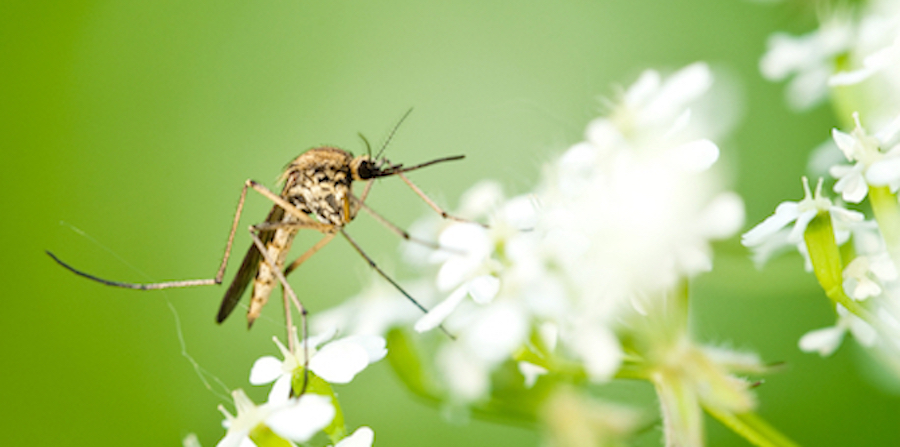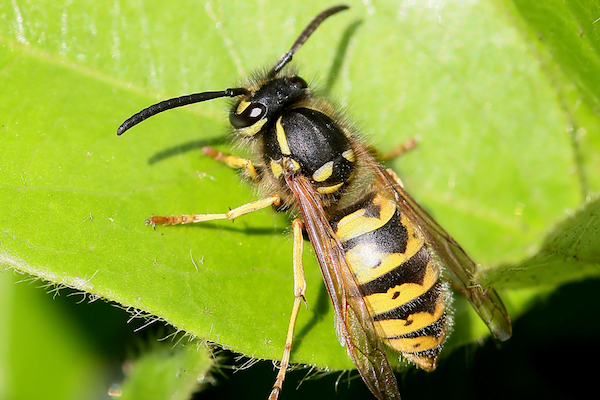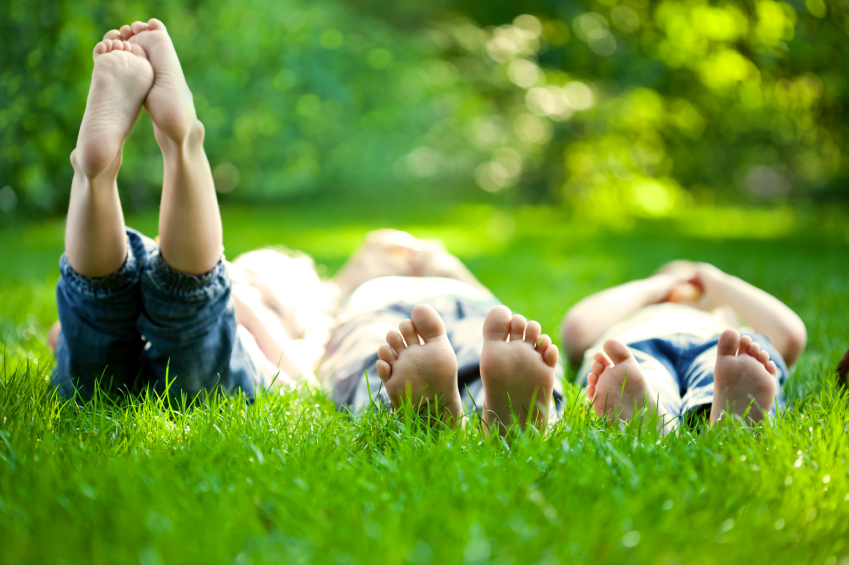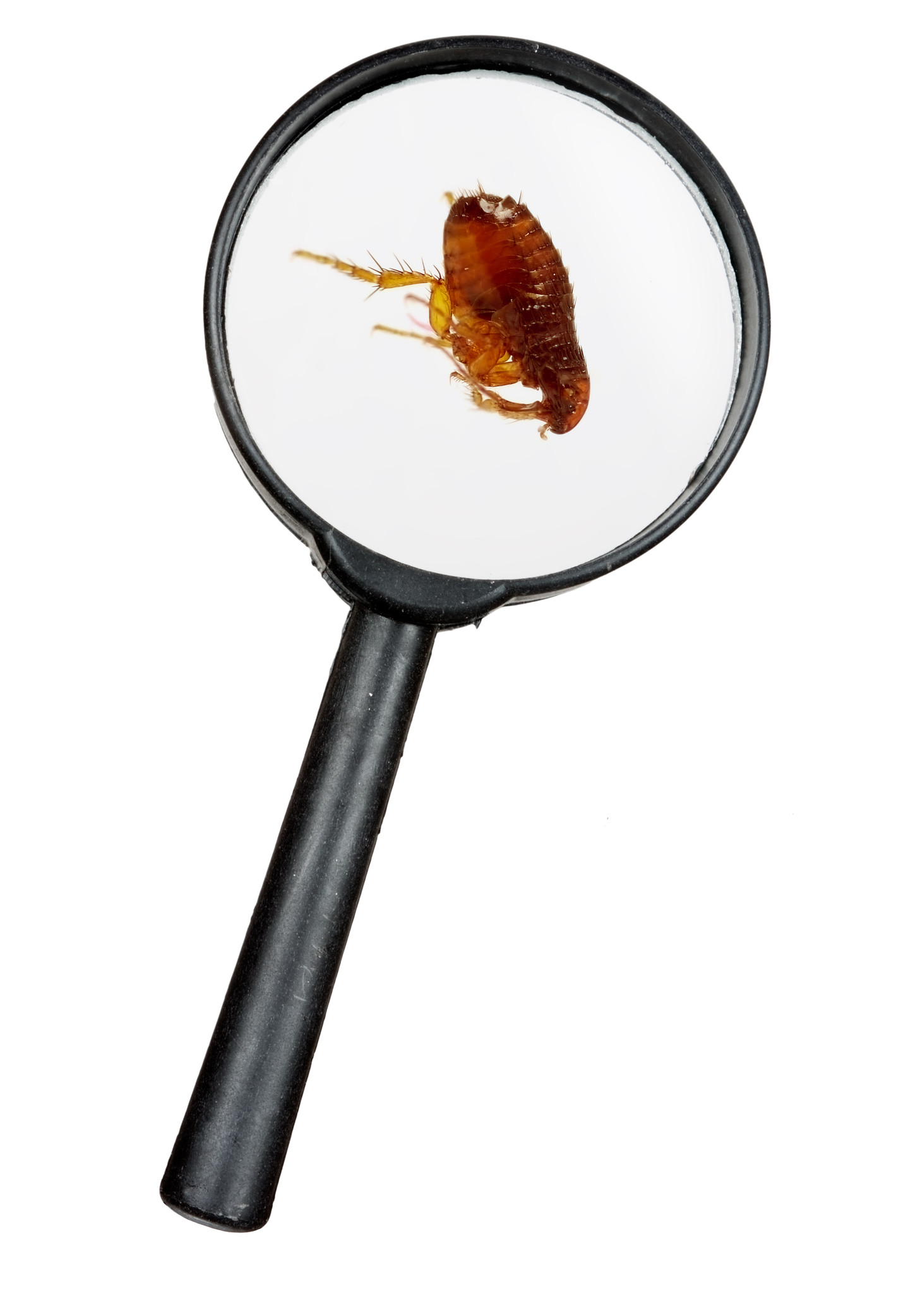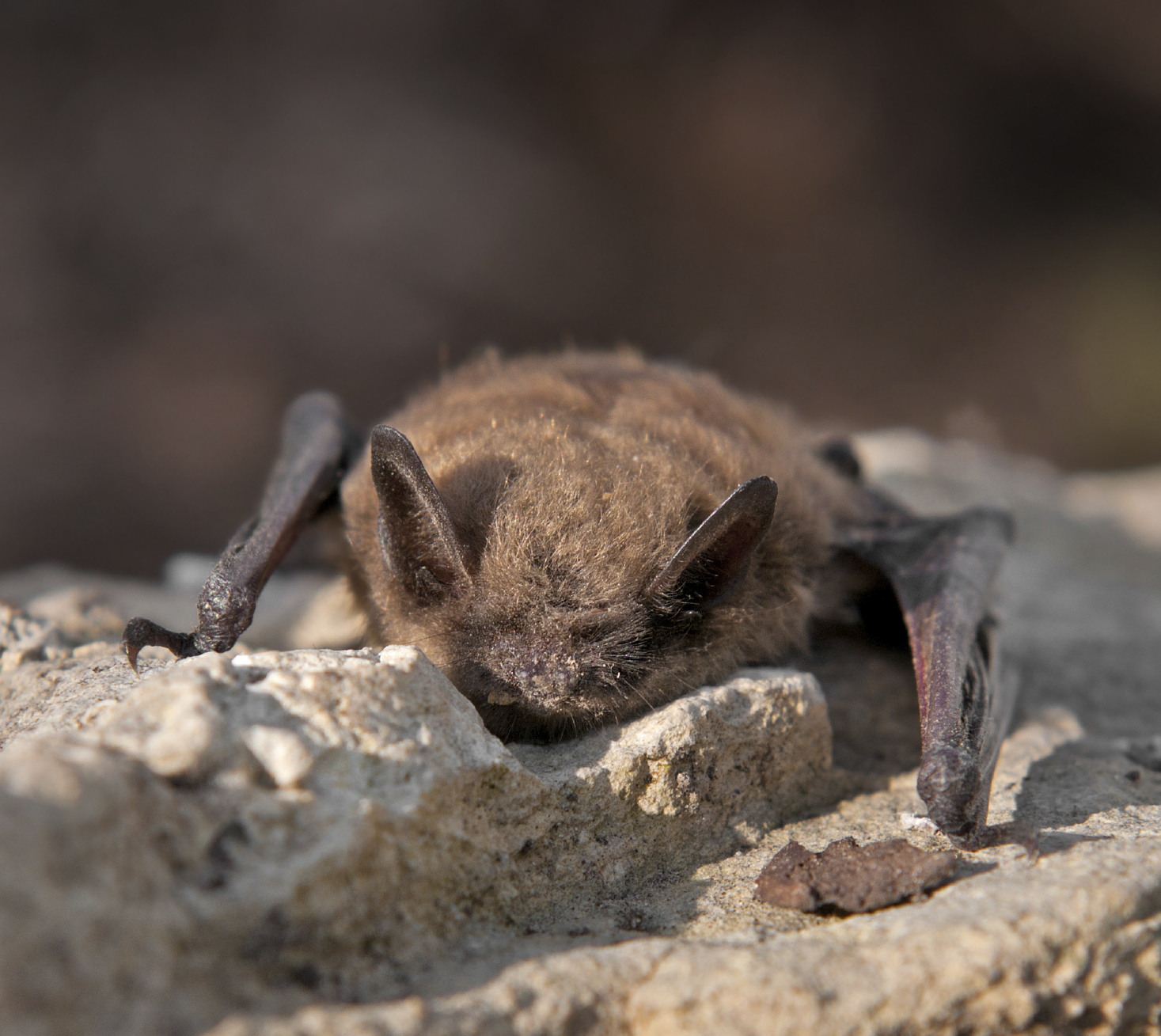You aren’t the only one excited to finally spend some time outside in nice weather. All kinds of pests start to stir in the spring for the express purpose of enjoying the warm sun and abundant food available in summer.
Your summer should be about getting outside and enjoying the weather, not itching bug bites and removing ticks. Here are a couple easy ways to defend yourself and your home from these all-too-common summer pests.
Mosquitoes
It wouldn’t be summer without mosquitoes, right?! Because it would be better summer. The quintessential summer pest becomes most active (and hungry) during the hottest months of the year. Mosquitoes look for standing water where they can lay eggs. Clean up stagnant water to prevent mosquito overload. Look for low patches in your lawn, clogged downspouts, gutters, or storm sewers, plumbing leaks, and shaded areas where water won’t evaporate.
Mosquitoes only need a little water, so you have to be thorough. If you’re going out and can’t avoid the tiny bloodsuckers, follow these tips to prevent bites: Wear long sleeves and pants, high socks, boots, and a hat. It goes without saying, but you should also wear bug spray. Reapply the spray about once every two hours. Mosquitoes get more active at dusk and at night, so consider calling it a day shortly before the sun sets if you don’t want to get itchy.
Ticks
Ticks are the other annoying bloodsucker of summer. They can’t fly, but they can jump onto you or your pets and bite down, latching on while they feed. Like mosquitoes, ticks get all feisty and active during hot summers. Unlike mosquitoes, ticks stick around; they may stay attached to you for days if they go unnoticed.
Ticks live in places with heavy foliage or vegetation, which they use to get to their unsuspecting prey. They jump from tall grasses, weeds, or other plants directly onto their target. Avoid overgrown paths or walking through forests unprotected. Wear long sleeves when hiking, and check yourself and pets for ticks when you get home. Run your hiking clothes through the dryer as soon as you get back. To prevent ticks around your home (it happens), keep your lawn, hedges, and bushes trimmed short. Maintain your garden by taking good care of plants and de-weeding frequently.
Ants
There are a ton of different kinds of ant, and they’re all pests in their own special ways. House ants contaminate food sources. Carpenter ants eat through wood. Fire ants have a notoriously painful bite. Whatever the case, you don’t want ants in your home. When the weather starts to heat up, ants come out looking for food and water. Homes like yours can be a great source for both, if you’re unprepared.
Ants usually infest kitchens. They’re attracted to food remains, especially crumbs and sweet liquids. Wipe down countertops and tables after meals. Don’t leave bread or grains of any kind sitting on in the open. Consider transferring food from paper containers into hard plastics. Don’t leave dishes out, even to soak in the sink. Look for any cracks or crevices where ants might sneak in, especially around the kitchen. Ants don’t need very much space, so don’t assume any opening is too small.
Wasps
Wasp nests usually reach their most active state in mid-to-late summer. During this stage, wasps aggressively forage for whatever food they can get their hands on – and they love human food. If you’ve ever had a picnic outside during the summer, you’ve probably encountered wasps before. They’re particularly attracted to sweet food and liquids, like fruits, juices, and candies.
You only need to worry about a wasp problem on your property if they build a nest nearby. There are a number of ways you can prevent this: Keep your garbage in tight plastic bags. Wash out recyclable bottles before taking them to your bin. Don’t leave food out in the open for very long, and clean up immediately after meals. Wasps won’t sting unless provoked, so do your best not to antagonize them. If you’re allergic to wasp stings, call a professional the moment you notice a larger-than-average wasp presence around your home.
Pests may be more active during the summer, but that’s no reason to deny yourself some fun in the sun. Follow tips like these, and you’ll go boldly into the warmth and fear neither sting nor bite! Or at least, you’ll fear them less.
Of course, if you find out you have a pest infestation and you want it dealt with fast, you can always call Griffin today. We’ll take care of your problem quickly and permanently, so you can get back to your life.

